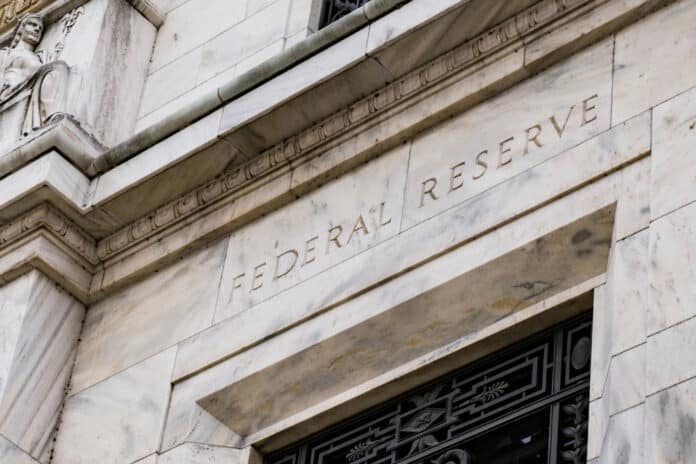Sponsored post by Principal Preservation Services and Principal Wealth Services

The feds are projected to lower rates in September after four years of no reductions—only increases. There are many factors that could impact your finances.
- Economic growth stimulation: Lower interest rates generally reduce the cost of borrowing for consumers and businesses. This can lead to increased consumer spending and business investment, stimulating economic growth. With cheaper loans, businesses may invest more in expansion and capital expenditures, while consumers might increase their spending on big-ticket items like homes and cars.
- Stock market impact: Typically, stock markets respond positively to rate cuts as lower rates make borrowing cheaper, potentially increasing corporate profits. Additionally, as bond yields decrease with lower rates, stocks become more attractive relative to bonds, which could drive more investment into the equity markets. Also, bonds are inversely impacted by interest rates—bond values drop as rates increase and bond values increase as the rates drop. For those who held onto bond funds the past 3-4 years, you will see some improvement in the value.
- Housing market boost: Lower interest rates reduce mortgage rates, making it cheaper for people to buy homes, but this could lead to increased demand in the housing market, potentially driving up home prices. The 30-year mortgage rates are around 6.5%, which is .625% lower than where they were earlier this year.
- Impact on savings: On the downside, lower interest rates would reduce returns on savings, CDs, and fixed-rate annuities. Now would be a great time to lock in some of the highest rates before they drop. If not, this could have a negative impact on some retirees who depend on these monthly interest payments without risking being in the market.
- Debt servicing relief: Lower rates would make it easier for both individuals and companies to service their existing debt. This could reduce defaults and improve financial stability for borrowers. This might be the time to start considering consolidating your debt into a lower fixed rate when it comes to credit cards and student loans. Private student loans can be as low as 5%, which is a lot lower than the high rate federal student loans. Unfortunately, it won’t make a big impact on refinancing a car loan. If rates drop .25%, that will only lower your monthly payment on a $35,000 loan by $4/month on a five-year loan.











